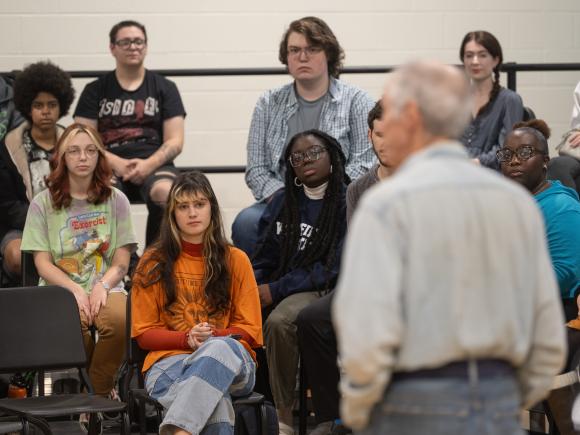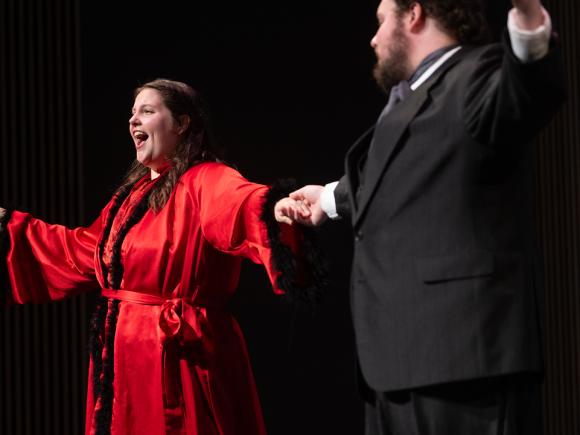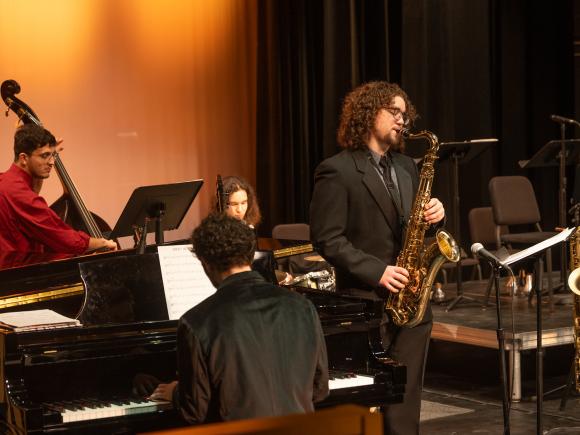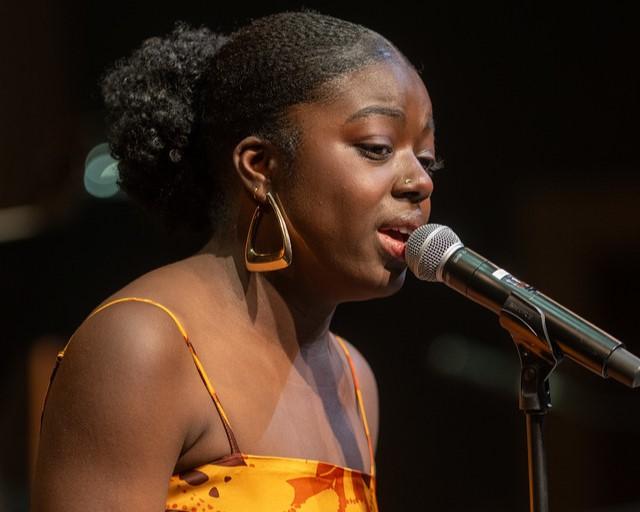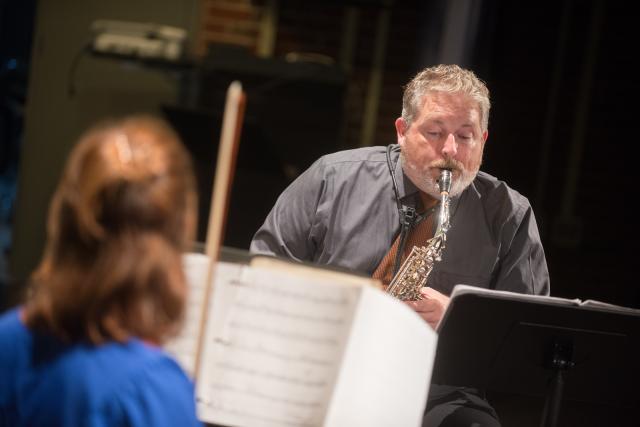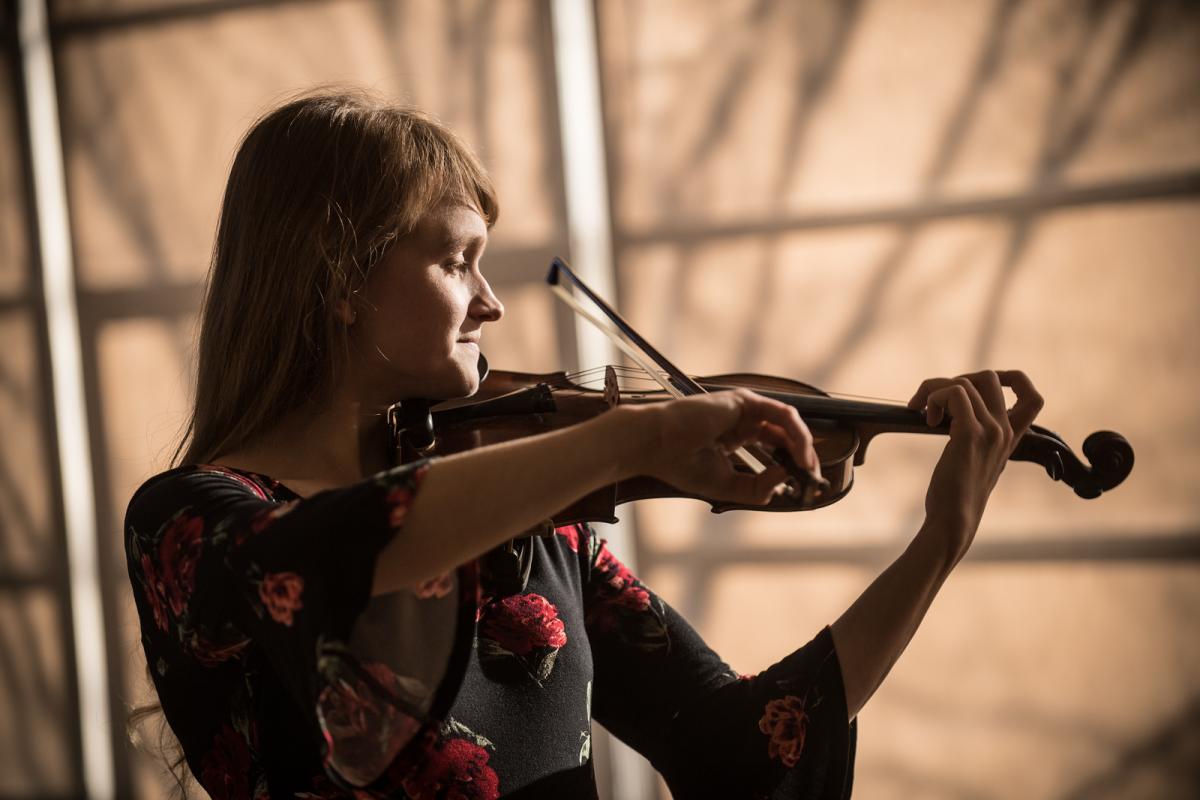
The Bachelor of Arts in Music – Music Education Concentration at Westfield State University prepares students for careers as licensed K–12 music teachers in Massachusetts. This comprehensive program combines professional-level music training with education coursework designed to meet state teacher licensure requirements.
Build your foundation in music theory, history, ear training, and performance through applied lessons and ensemble participation. The curriculum also includes music education methods, conducting, educational psychology, and classroom management. Students can choose between a vocal or instrumental music education track, depending on their interests and career goals.
The program culminates in a student teaching practicum in a local school, giving you classroom experience. Upon graduation, you'll be prepared to take the Massachusetts Tests for Educator Licensure (MTEL) and begin teaching music in schools across the state.
